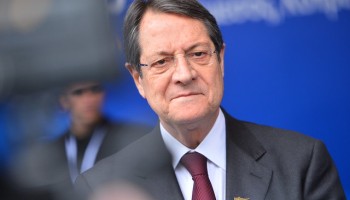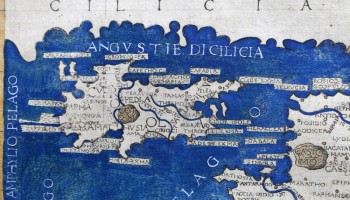A special committee chaired by ex-President of the Supreme Court Myron Nicolatos and tasked with investigating the scheme found that 6,779 passports were given to wealthy foreigners, but that more than half of them had either not invested the required €2 million (US$2.4 million), including a €500,000 ($606,000) private residence, in Cyprus or had not met other criteria.
The citizenship-for-investment program was launched in 2007 but became especially attractive after President Nicos Anastasiades rose to power in 2013. Because of obvious irregularities revealed by the media and the subsequent criticism by Brussels, the program ended in 2020.
The decisions of the Cabinet, which had the final say in approving naturalisation applications, may have been taken after “insufficient investigation, insufficient reasoning and in violation of the basic principles of justice and good administrative practices,” the 515-page interim report said.
The Cabinet would receive applications after the Ministries of Finance and Interior reviewed them. The report found that the process was flawed from beginning to end, with the “complete lack” of a database that screened applicants. It added that the Finance Ministry often approved ineligible applications simply due to the size of investment, and that the government incorrectly interpreted the law.
Most passports were granted under the administration of Anastasiades who was re-elected in 2018, and most of the recipients were Russians.
The Committee found that among the controversial citizenship applications approved in 2017 were those of five applicants represented by a law firm partially owned by “first degree” relatives of the President - a fact that was not disclosed to the Cabinet’s members who were deciding.
While the names of the clients and the law firm involved in the process were redacted, the description matches that of the Nicos Chr. Anastasiades & Partners law firm which the President owned half of before he transferred his stake to his two daughters shortly before he took office in 2013.
“As a result, [neither] the impartiality of the procedure and the decisions of the council of ministers [nor] the avoidance of conflict of interest had been ensured,” the committee concluded.
The redacted report mentions OCCRP’s investigation about Nicos Chr. Anastasiades & Partners having wired money on behalf of companies beneficially owned by Russian billionaires Alexander Abramov and Alexander Frolov to a network of firms used for hiding assets, evading taxes, or laundering money.
The network of dozens of shell companies is called the ‘Troika Laundromat’ because it was operated by staff at an independent arm of the Russian investment bank Troika Dialog and allowed clients to move billions of dollars from Russia to the west.






